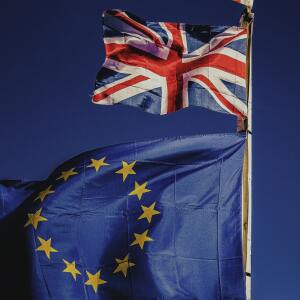News
Participation in the Conference of Europe-Ministers in Dessau
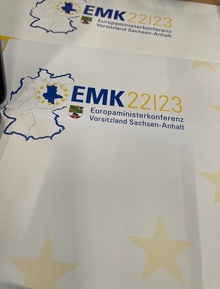
Together with Prof. Kotzur (University of Hamburg), Prof. Heidbreder presented the study "30 Years of the Conference of Europe-Ministers: Options for Action and Visions for the Future" at the Conference of Europe-Ministers of the Länder.
Landtag Thüringen - Experts for the Amendment of the Constitution
Prof. Heidbreder was invited as an expert to the Landtag of the Free State of Thuringia on 9 September 2022.
The subject of the debate was the amendment of the Land Constitution with the aim of introducing a European draft. The personal hearing followed a written hearing in 2021. The accompanying statement of 9 September 2022 as well as the written statement of 1 September 2021 are available on the pages of the Landtag.
Information about the online enrolment for language courses
The online enrolment for the language courses begins on the 4th of October, at 9 am.
Participation in language courses is only possible after enrolment via Moodle with the OVGU account.
Non-members of the university please use the registration for external users.
The language courses start on the 10th of October 2022.
WELCOME WEEK! Winter semester 2022/23
For all new students of the Master's Programme and Bachelor's Programmes

The European Studies team welcomes all new students to Magdeburg! The events we have prepared for you will help you to get relevant information for the start of your studies, to get to know our team and your fellow students and much more! The events listed in the welcome week were organised by the European Studies team and the EUS student council.
'GOOD NEIGHBOURS? THE UK AND EUROPE' Prof. Heidbreder @ The British Academy 22. September 2022
How has the UK repositioned itself in Europe and the world since leaving the EU? The conference 'GOOD NEIGHBOURS? THE UK AND EUROPE' focuses on this question on Thursday, 22 September 2022, at the British Academy in London.
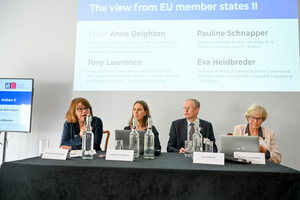
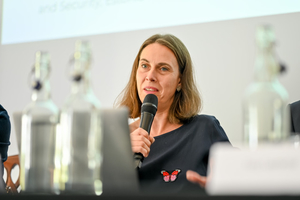
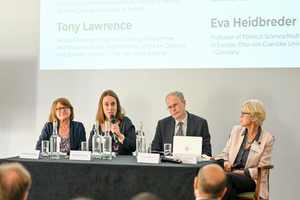
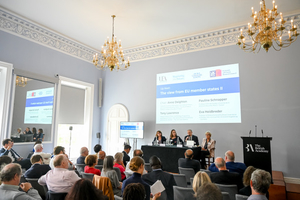
Prof. Heidbreder among other topics, will be speaking on “The View from EU Member States".
The event will be streamed live on YouTube (9am - 5pm BST). The live stream link will be posted here.
Recorded videos and photos from the conference can be found here.

